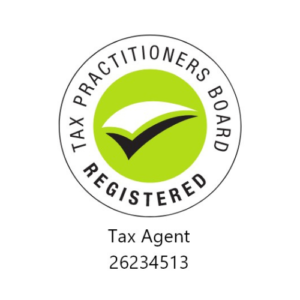Business Formation & Trust Set Up Services for Your Business in Melbourne, VIC
Business, Company & Trust Set Up
Setting up a business, company, or trust in Australia involves several steps and considerations to ensure compliance with legal and regulatory requirements. Each structure offers different benefits and responsibilities.
Business Setup
- Sole Trader: The simplest business structure, where an individual runs the business. It’s easy to set up and gives complete control, but the owner is personally liable for debts and obligations.
- Steps: Register for an Australian Business Number (ABN), choose a business name (if different from the owner’s name), and register for Goods and Services Tax (GST) if necessary.
- Partnership: Involves two or more people who run a business together. Partners share profits, losses, and liabilities.
- Steps: Register for an ABN, create a partnership agreement, and register the business name and GST if required.
Company Setup
- Private Company (Pty Ltd): A separate legal entity from its owners, offering limited liability protection. More complex and costly to set up and run compared to a sole trader or partnership.
- Steps: Register the company with the Australian Securities and Investments Commission (ASIC), obtain an ABN and Tax File Number (TFN), and comply with ongoing reporting and compliance requirements.
- Public Company: Suitable for businesses looking to raise capital by offering shares to the public. Subject to stricter regulatory requirements.
- Steps: Register with ASIC, obtain an ABN and TFN, comply with additional disclosure and reporting requirements, and potentially list on the Australian Securities Exchange (ASX).
Trust Setup
- Discretionary (Family) Trust: Commonly used to manage family assets and income distribution among beneficiaries. Offers tax planning benefits and asset protection.
- Steps: Create a trust deed, appoint a trustee, register for an ABN, and obtain a TFN. May also need to register for GST.
- Unit Trust: Used for investment purposes where the beneficiaries (unit holders) have fixed interests in the trust’s assets.
- Steps: Create a trust deed, appoint a trustee, issue units to unit holders, and register for an ABN and TFN.
Key Points
- Legal and Tax Obligations: Each structure has distinct legal and tax obligations. It’s essential to understand these before deciding on the appropriate structure.
- Professional Advice: Consulting with legal and financial professionals can help determine the most suitable structure and ensure all regulatory requirements are met.
- Registration and Compliance: Proper registration and compliance with ASIC, the ATO, and other relevant authorities are crucial for lawful operation.
- Choosing the right structure for your business, company, or trust in Australia is a critical decision that impacts liability, taxation, and operational complexity. Ensuring thorough planning and compliance can lead to long-term success.
Call us today on
(03) 7050 9090 to discuss our business and trust services.


